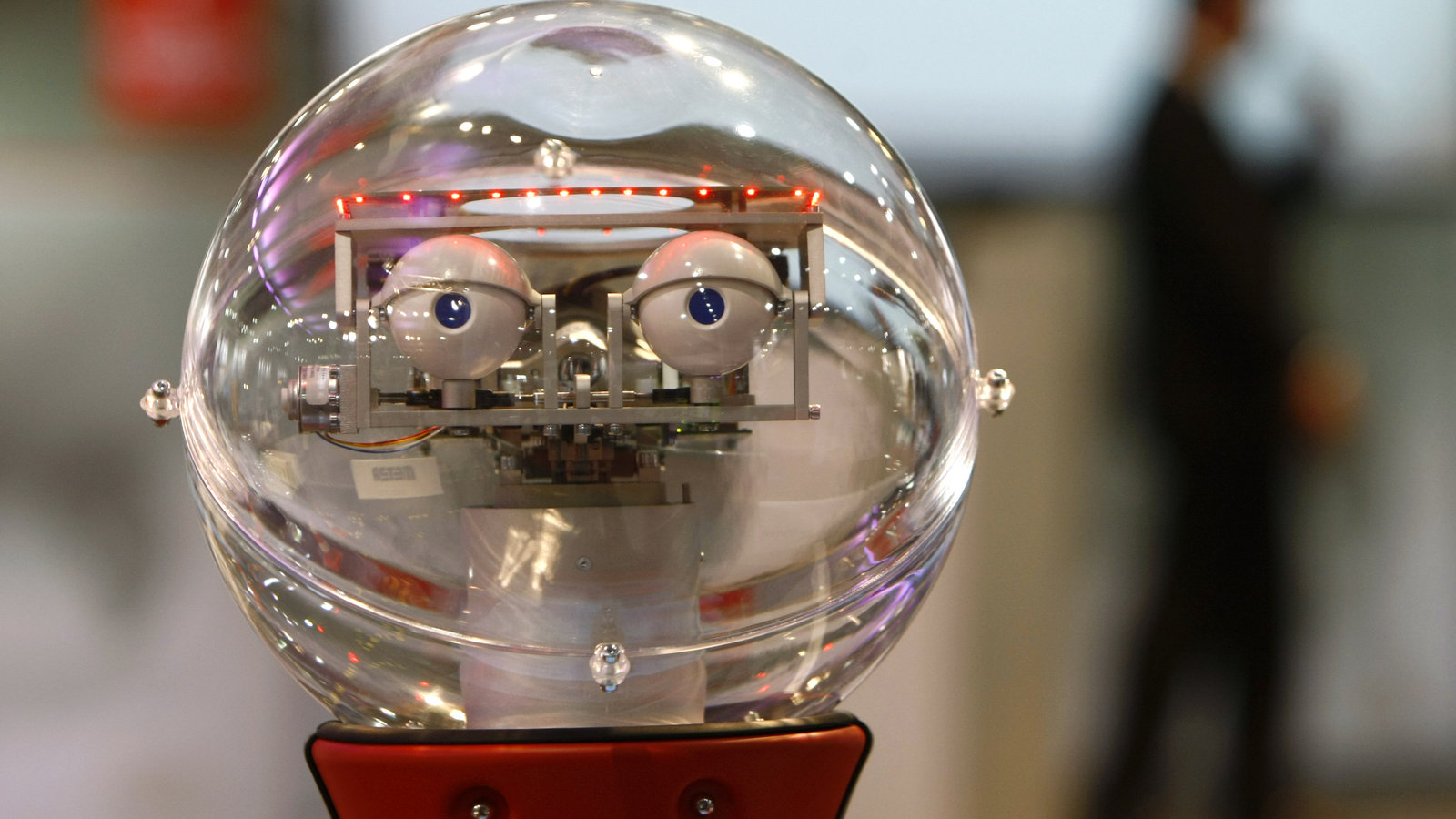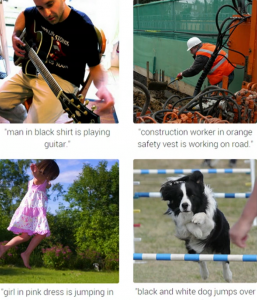The robots are coming, and they’re coming fast. In this fascinating Fresh Air interview, tech writer John Markoff talks about several ways that intelligent machines are likely to profoundly change our lives over the next few years. From self-driving cars to peopleless warehouses, intelligent machines will play major roles in shaping our world. He makes a critical distinction between artificial intelligence (AI) and intelligence augmentation (IA), two schools of research that take radically different approaches to the relationship between humans and machines. As a bonus, the interview ends with what is probably the funniest robot song ever recorded.
npr.org/sections/alltechconsidered/2015/08/20/433000643/how-close-are-we-really-to-a-robot-run-society
Tag: automation

More jobs every day are being automated—done by machines rather than humans. In this thought-provoking Fresh Air interview, Silicon Valley executive Martin Ford says that all kinds of jobs—even many that we assume are machine-proof—are threatened by advances in hardware and software. The implications for our economy and our society are far-reaching.
http://www.npr.org/sections/alltechconsidered/2015/05/18/407648886/attention-white-collar-workers-the-robots-are-coming-for-your-jobs
 For decades researchers have experimented with machine learning—software that can improve with experience without being reprogrammed. That research has paid off in a number of applications, including the intelligent search engines that we use every day. But recent breakthroughs in a field called deep learning are likely to bring radical transformations to our lives very soon. This TED Talk by Jeremy Howard explains the technology and touches on a few applications and implications. Spoiler: there’s good news and bad news….
For decades researchers have experimented with machine learning—software that can improve with experience without being reprogrammed. That research has paid off in a number of applications, including the intelligent search engines that we use every day. But recent breakthroughs in a field called deep learning are likely to bring radical transformations to our lives very soon. This TED Talk by Jeremy Howard explains the technology and touches on a few applications and implications. Spoiler: there’s good news and bad news….
[ted id=2155 lang=en]
What’s it like to be the world Jeopardy champion and lose to a computer? Ken Jennings can tell you, and he does in this engaging TED talk. From his unique perspective, he suggests that we can—and must—make a choice about the kind of future we want to have. Which world do you want to live in?
More about Watson:
good.is/post/burritob0t-a-3d-tex-mex-printer-of-hangover-helpers
3D printers are used to create plastic prototypes and parts for machines, among other things. But this is the first burrito printer we’ve seen. How long will it be until the global taco chains replace people with printers?
Here’s a quote from the first edition of Digital Planet (then called Computer Currents), written almost two decades ago:
“It seems likely that, at some time in the future, machines will be able to do most of the jobs people do today. We may face a future of jobless growth–a time when productivity increases, not because of the work people do but because of the work of machines. If productivity isn’t tied to employment, we’ll have to ask some hard questions about our political, economic, and social system…”
Back then, this prediction seemed farfetched to most people. This NPR story about the Race Against the Machine conference suggests it’s not farfetched anymore.
www.npr.org/2011/11/03/141949820/how-technology-is-eliminating-higher-skill-jobs
[ted id=1109]